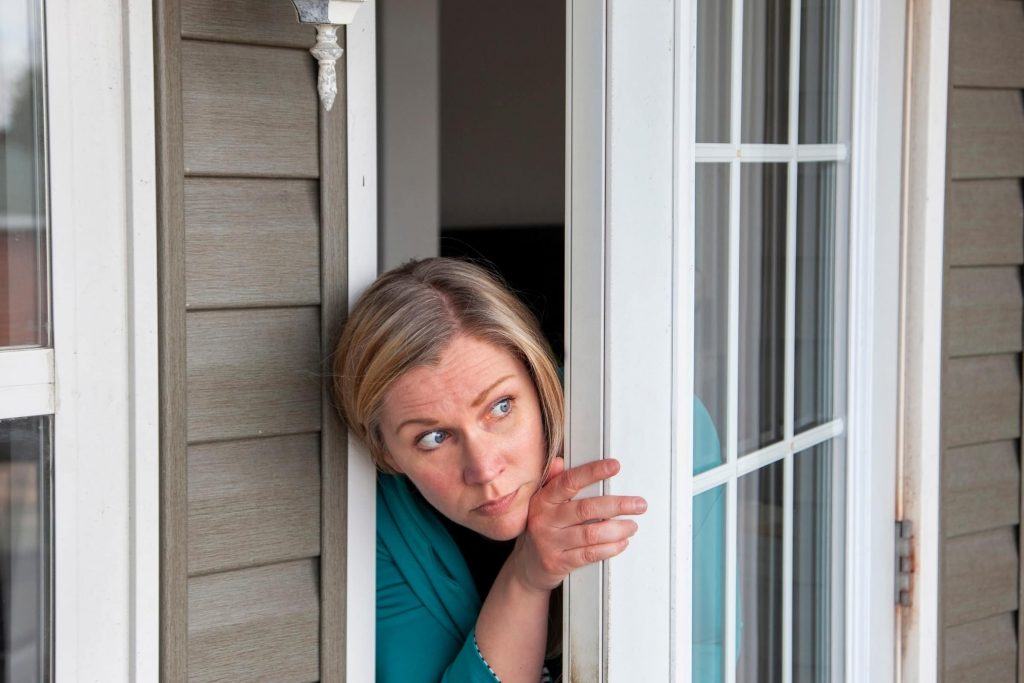| Refresh | This website greator.com/en/letting-go-of-fear/ is currently offline. Cloudflare's Always Online™ shows a snapshot of this web page from the Internet Archive's Wayback Machine. To check for the live version, click Refresh. |

Fear is a natural protective mechanism - but what if it takes over your life? Many people feel thwarted by vague worries, fears about the future or deep-seated blockages. The good news is: You can get rid of your fears - with self-reflection, conscious change and the right knowledge. In this article, you will find out how fears arise, how you can recognize them and what specific steps you can take to get rid of them - sustainably and in a self-determined way.
Fear is part of life. But if it becomes chronic, it can paralyze you, restrict you and prevent you from growing. Psychology distinguishes between real, situational fear and irrational, unconscious fear - often shaped by childhood, experiences or beliefs.
Typical forms of anxiety:
"Behind every fear is an unresolved inner conflict. When you learn to accept it instead of suppressing it, healing begins."
- Christina Hommelsheim, Trainer Greator Life Coach

The causes of anxiety are often not obvious. They arise in the limbic system of our brain, which stores emotional stimuli. Trauma, negative experiences or social conditioning lead to certain situations being associated with danger - even if there is no objective threat.
Studies of the American Psychological Association (APA) prove: Unprocessed emotional experiences significantly increase the likelihood of chronic anxiety disorders.
Fears don't disappear overnight. But you can learn to understand them, take away their terror - and transform them into strength.
The first step towards change is Acceptance. Stop fighting your fear - and start understanding it. What does it want to show you?
Fear is diffuse - as long as you don't make it tangible. Write it down: What exactly am I afraid of? The more specific you become, the less power it has.
Not every thought is true. Find out what beliefs are behind your fear - e.g. "I'm not good enough". And then: consciously refute them.
Take small steps that show you: I can act, even when I am afraid. This strengthens your Trust - and reduces powerlessness.
Meditation, breathing exercises or journaling help you to connect with yourself. The more stable your inner self becomes, the less the outside will frighten you.
Many fears have deep roots. A structured process is worthwhile here. In Greator's free mini-course on blockage release, you will learn how to recognize emotional blockages and release them with targeted exercises.
You don't have to deal with your fears alone. A coaching or therapeutic space gives you the support you need - non-judgmental and solution-oriented.

According to research, there are numerous approaches that can reduce anxiety - depending on the type and cause.
Scientifically recognized methods:
Good coaching helps you to recognize yourself - without judgment. The focus is on your inner parts, your thinking and your emotional reality. Many participants report that they feel truly seen and understood for the first time.
In the Greator Life Coach Training For example, you will not only learn to recognize your own fears - but also to help others to release their blockages and break new ground.
"I thought I just had to fight my fear. But I learned that it was a guidepost. Today I am gratefulthat I was looking."
- Petra, participant Greator Life Coach
You can use these reflection questions directly today - in your Journal or in conversation with a trusted person:

Fear is not your enemy - it is a signal. If you learn to read it, you can transform it. It's not about never being afraid again. It's about that, to go your own way despite fear - with courage, clarity and trust.
The first step? Sign up for Greator's free mini blockage release course and start your journey to more inner freedom. You are stronger than you think.



